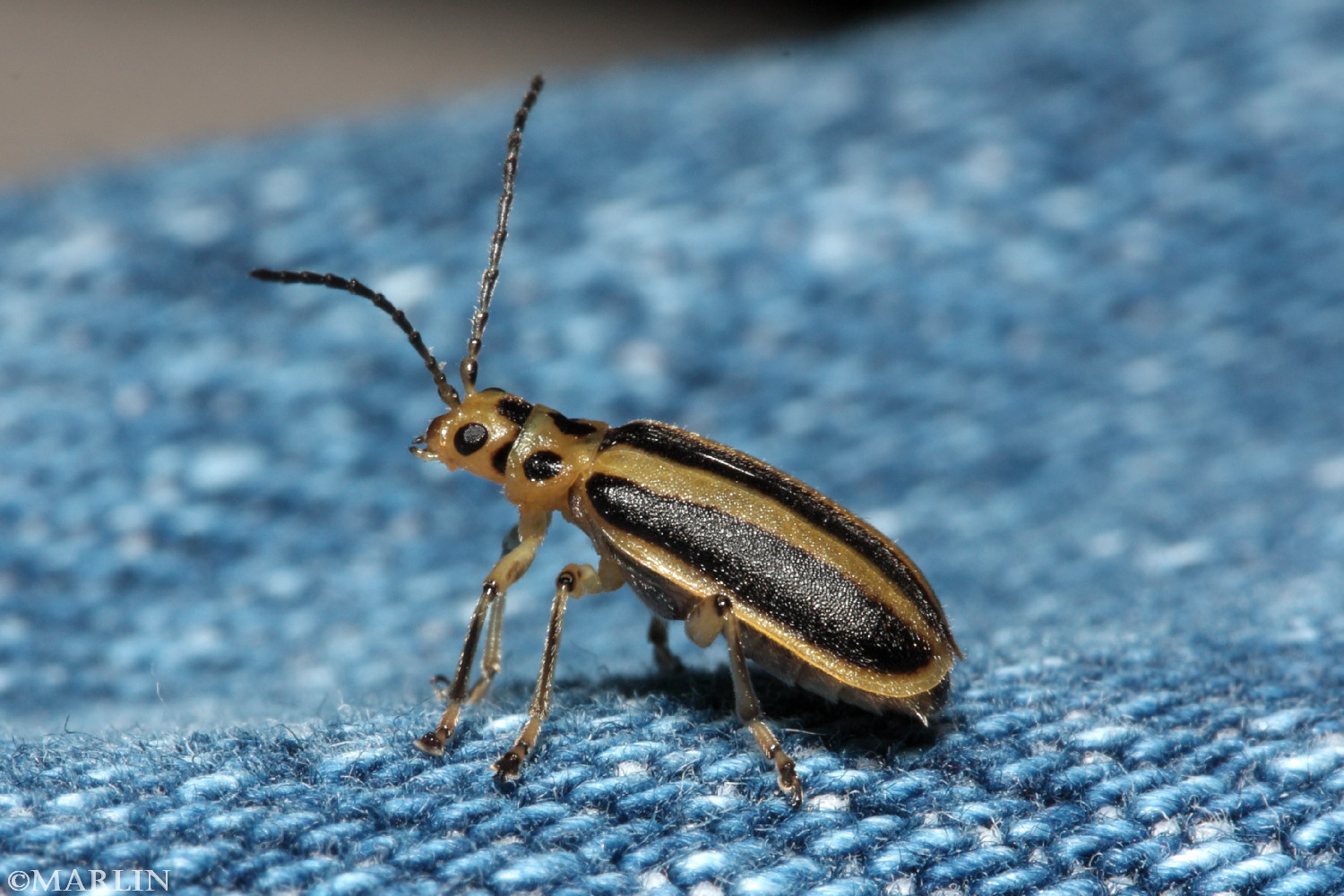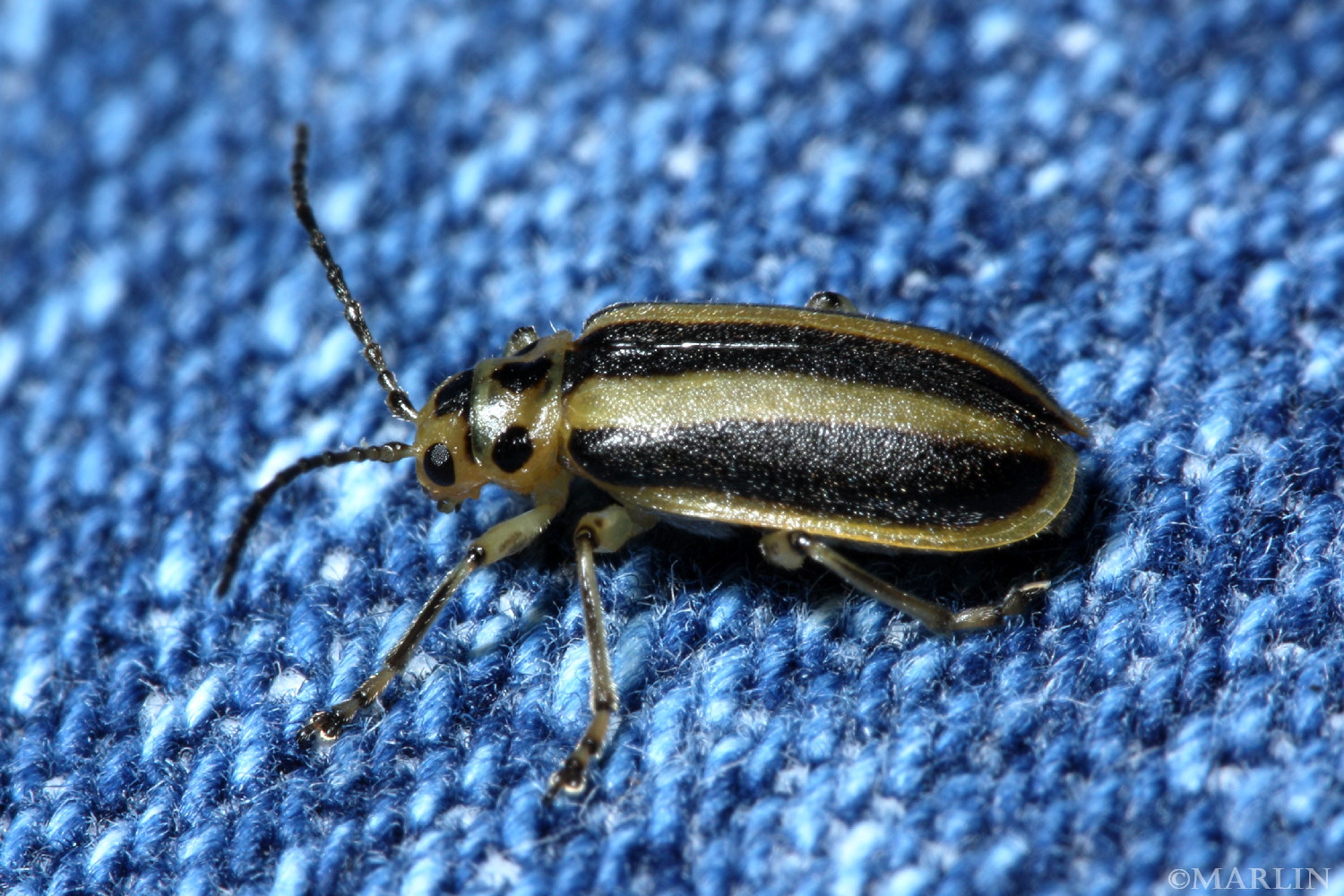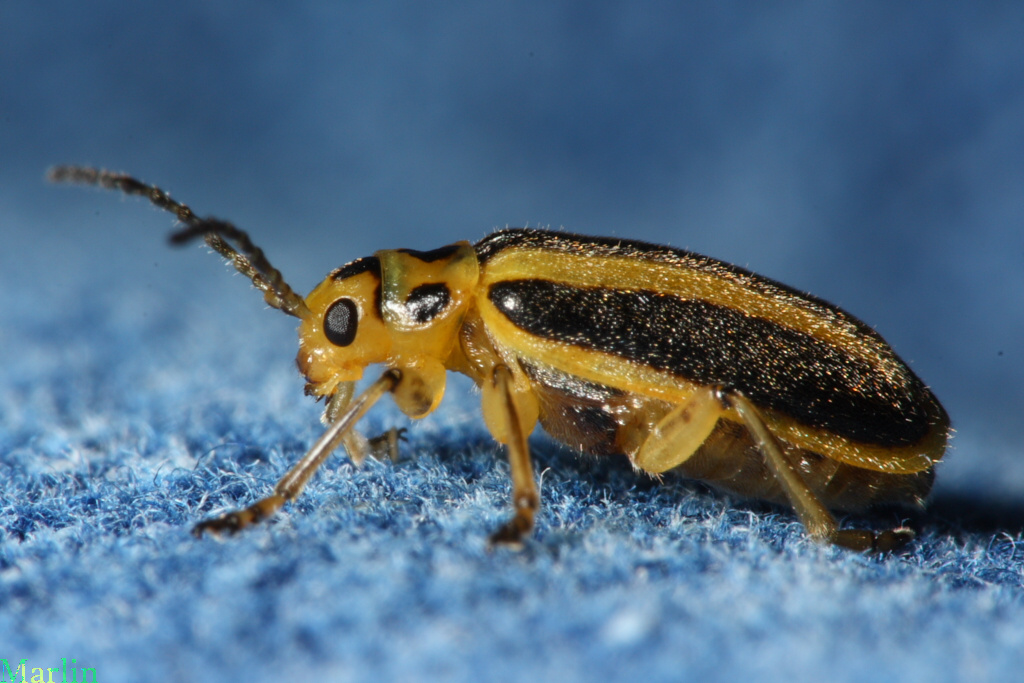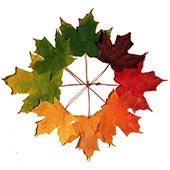Leaf Beetle – Trirhabda virgata
Family Chrysomelidae
Live adult leaf beetles photographed at Winfield, Illinois.
Leaf Beetles – Family Chrysomelidae is 2nd largest among the phytophagous (plant-eating) beetles, taking a back seat only to the weevils (Family Curculionidae). There are as many as 35,000 described species and perhaps up to 60,000 total species. Presently, the Chrysomelidae are classified in 195 genera and approximately 1,720 valid species and subspecies (plus 149 Bruchinae species) accepted as occurring in North America north of Mexico. [1]
Leaf beetles feed strictly on plant materials. The adults usually consume leaves, stems, flowers, and pollen. Most larvae are subterranean in habit, feeding on roots and rootlets, but others will consume foliage as well. Many chrysomelids are very specific to particular host plants, but most are able to live on a variety of plants; e.g. the so-called dogbane leaf beetle, which feeds on milkweed (Asclepias sp.) as well as the dogbane genus Apocynum. [2]
Habitat: Meadows and forest clearings, roadsides / Food: Dogbane and other members of the milkweed family / Life cycle: Yellow eggs are laid on the host plant or on the ground; larvae tunnel through soil to roots, feed, and pupate in soil.
Leaf beetle larva, about 8mm. Possibly Trirhabda
References
- JR, Ross H. Arnett et al., American Beetles, Volume II: Polyphaga: Scarabaeoidea through Curculionoidea, 1st ed. (CRC, 2002).
- Jergen Gross, On the Evolution of Host Plant Specialization in Leaf Beetles (Logos, 2001).
Beetles Main | Beetles Index | Longhorns | Leaf Beetles | Soldier | Blister | Lady | Scarab
Tree Encyclopedia / North American Insects & Spiders is dedicated to providing family-friendly educational
resources for our friends around the world through large images and macro photographs of flora and fauna.



